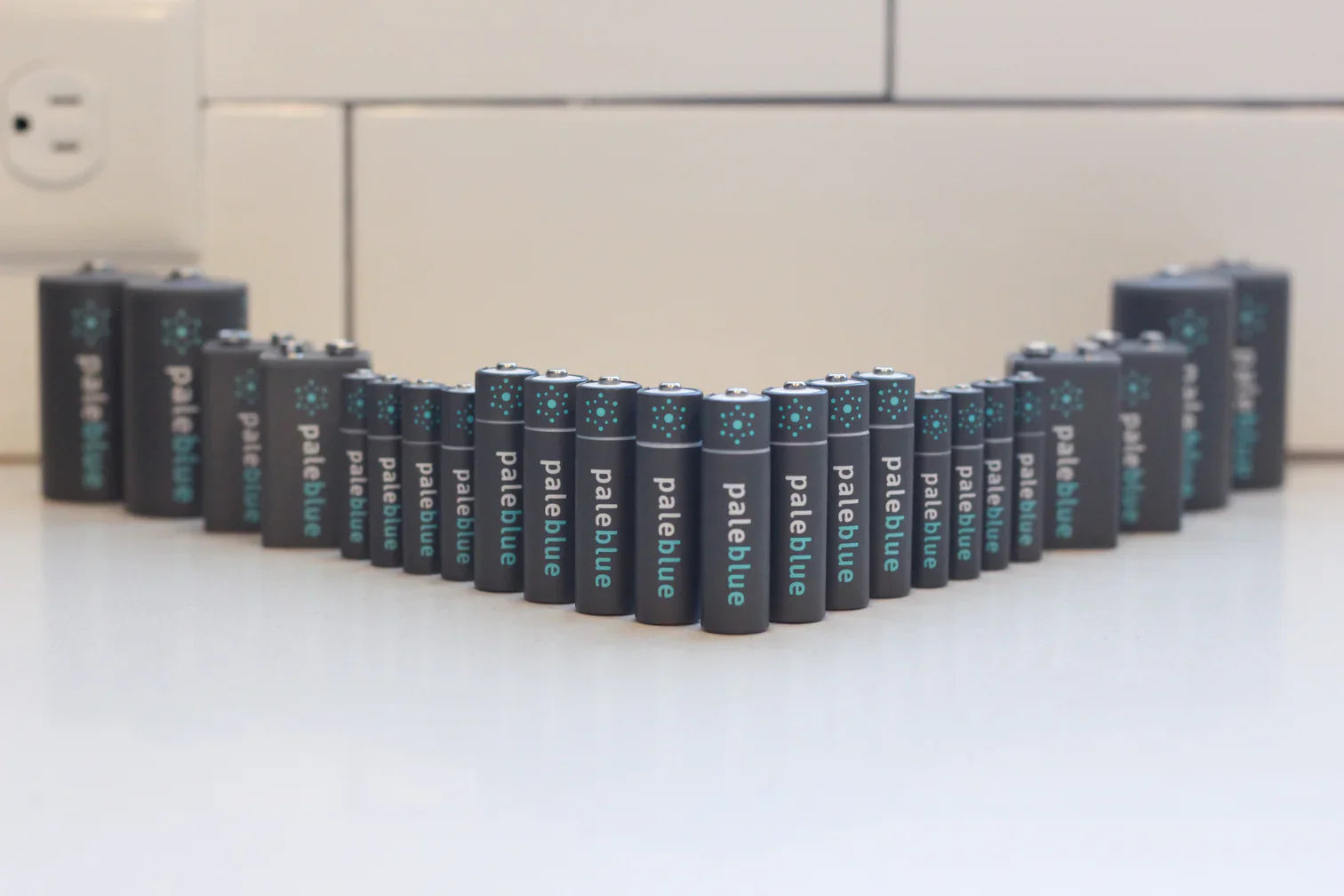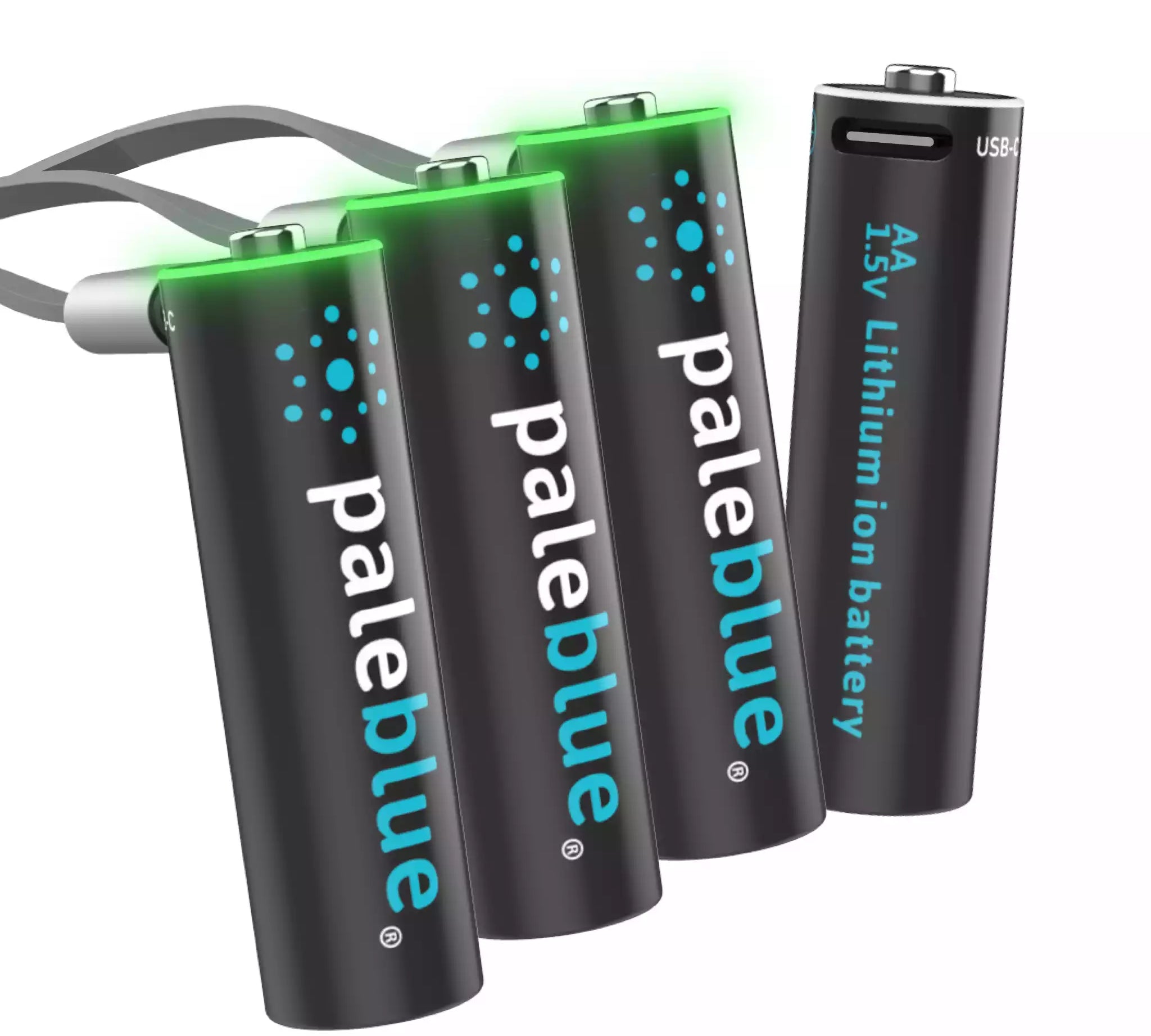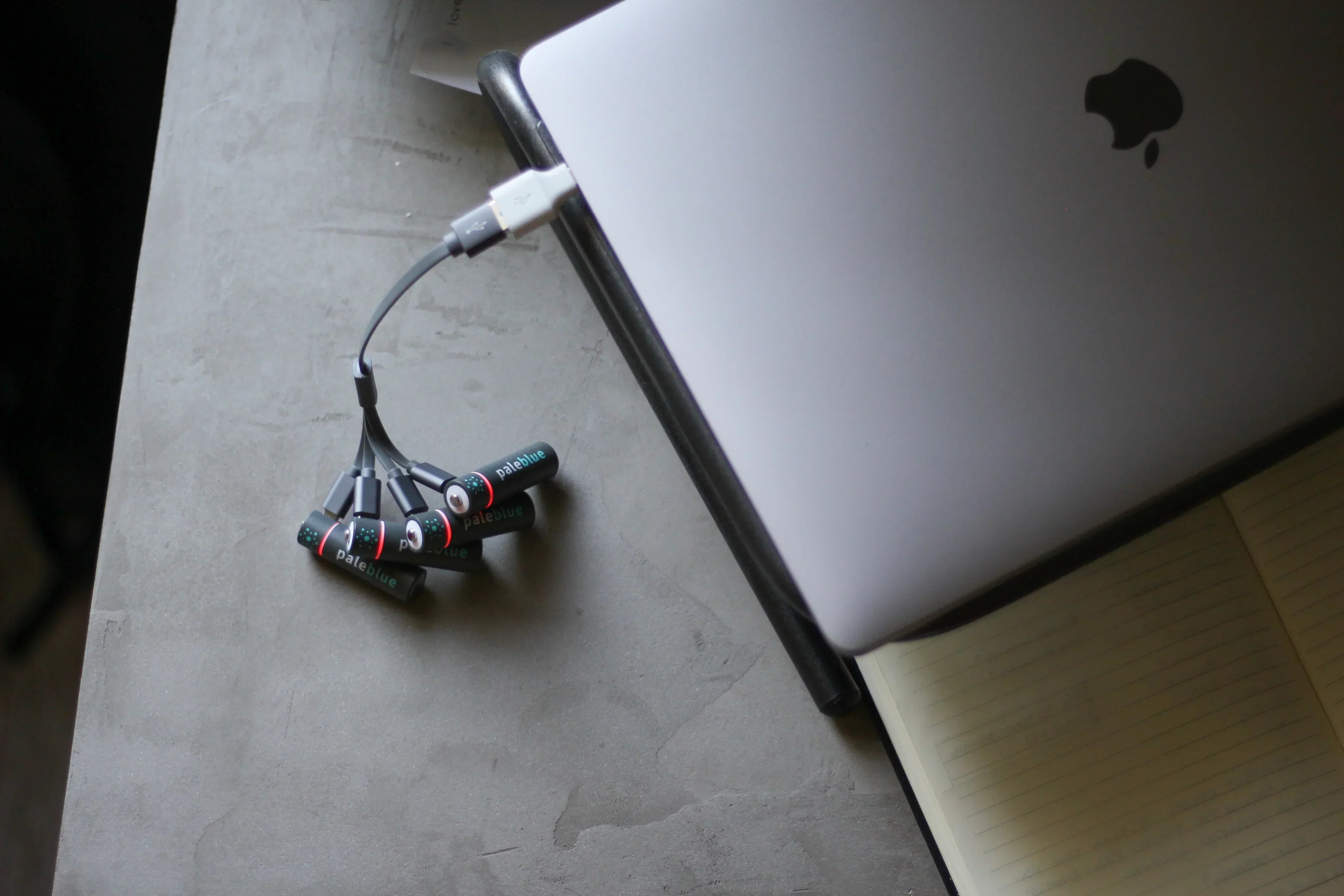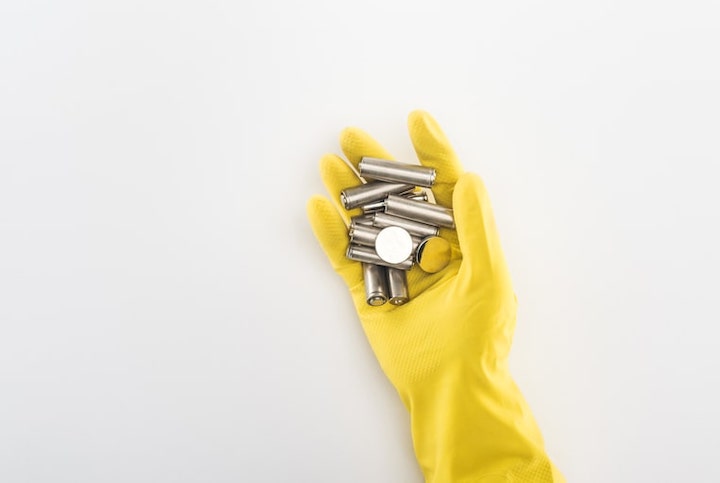The Truth About Lithium-Ion Batteries and Sustainability

One of the more popular questions relating to lithium-ion batteries searched on Google is this: are lithium-ion batteries sustainable? It is a question people want an answer to. Unfortunately, the answer is not as straightforward and simple. Lithium-ion batteries are more sustainable than other options, but some nuances in order.
Our position at Paleblue is that lithium-ion batteries are better for sustainability relative to the other options because they produce less waste and, in the long run, require fewer resources to manufacture. But we also recognize that there is still work yet to be done to make the manufacture, distribution, sale, and recycling of lithium-ion batteries even more sustainable.
Defining Sustainability
Sustainability is defined by different organizations in different ways. The University of California at Los Angeles (UCLA) offers one of the most comprehensive definitions. They define sustainability as "the integration of environmental health, social equity and economic vitality in order to create thriving, healthy, diverse and resilient communities for this generation and generations to come."
In a nutshell, sustainability is the practice of doing things in such a way as to better enable a viable future for humanity. Any practice that consumes the world's resources is ultimately not sustainable. Eventually you run out of resources. On the other hand, managing resources carefully and recovering what you use is more sustainable. Now let us apply this thinking to lithium-ion batteries.
Less Waste Is Sustainable
One of the ways we differentiate our USB rechargeable batteries from single-use disposable batteries is by talking about waste. Tens of millions of single-use batteries are disposed of globally every year. Where do those batteries and up? Many are certainly ending up in landfills.
We can only bury so much garbage in the landfills. We have to reduce landfill intake by using less disposable and single use products. That is where USB rechargeable lithium ion batteries come in.
Just one of our lithium-ion cells can be charged 1,000 times or more. For every one battery you buy from Paleblue Earth, you can theoretically avoid buying 999 additional disposable batteries. That is 999 batteries not in need of costly recycling or that you are not throwing in a landfill.
Less Energy use is more Sustainable
Lithium-ion batteries are also sustainable in the sense that we use less energy in production of fewer batteries when compared to single use options. If everyone in the world replaced their single-use batteries with rechargeable li-ion batteries, we would have to manufacture fewer batteries to meet everyone's needs. That means less energy devoted to battery production.
Increasingly more efficient energy use is increasingly more sustainable. The less we use today, the less carbon footprint we leave and the less resources spent on energy generation.
More Work to Be Done
On the other side of the coin, there are some aspects to any physical product that are not sustainable. Raw materials must come from somewhere. Extraction of any material whether it is wood for paper, oil for plastic, or lithium for batteries, there is always some environmental impact. It is something we definitely have to work on. Fortunately, the lithium ion sector is working on recapturing the lithium from used batteries so it can be used again and again rather than having to extract more. This is known as closed loop manufacturing.
Recycling is near term area in need of improvement. While lithium-ion batteries can be recycled effectively, doing so is not yet easy or cheap. And until we make it more attractive to do, large-scale recycling will not occur. Fortunately, improvements are being made. There are a lot of large investments these days into better lithium ion recycling and we know a better future is right around the corner.
Are lithium-ion batteries sustainable? Yes, when compared to other types of batteries. In terms of general sustainability goals, there is always more work to be done. The good news is that our industry and our company are endeavoring to find new ways of doing things that make rechargeable batteries as sustainable as possible.
- Tags: Economical Sustainability







